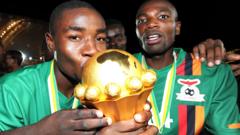
Source: BBC Football
Sport InsightThe air crash and the underdogs – a triumph for a lost generationPublished14 August 2024Updated 15 August 2024Image source,Getty ImagesByMani DjazmiBBC SportThis article deals with sudden death, bereavement and grief.BBC Action Linecan direct you to help with these issues.For those watching on the beach on the morning of Wednesday, 28 April 1993, the first bodies were revealed by the rising sun.Fishermen searched in and out of creeks, divers went out in boats and a helicopter hovered overhead.By lunchtime, black kit bags, wreckage and the remains of 24 of the 30 people aboard the plane had been reclaimed from the Atlantic Ocean and brought ashore in Gabon. No more bodies would be found.So begins a story that touched generations across two decades, laid bare a nation’s soul, and delivered triumph, just as unexpectedly as disaster.Image source,Getty ImagesImage caption,Bwalya won two Dutch titles, under English manager Sir Bobby Robson, during his time with PSVFour thousand miles away, another kit bag had been packed and its owner, one of Africa’s best footballers, was preparing to go for a long run.Kalusha Bwalya was Africa’s Player of the Year in 1988.Earlier that year, he had scored a hat-trick as Zambia thrashed Italy 4-0 on the way to the Olympic quarter-finals in Seoul.Since then, he had moved to PSV Eindhoven, partnering Brazilian great Romario up front for the reigning Dutch champions.Bwalya and two other Europe-based players were due to meet up with their Zambia team-mates in Senegal, before the first of four qualifiers for the 1994 World Cup.Zambia’s stellar generation of players were strongly fancied to take their nation to the tournament for the first time.LISTEN: Amazing Sport Stories: Copper BulletsWith the prospect of a flight itinerary taking him from Amsterdam to Dakar via Paris, Bwalya wanted to stretch his legs and clear his mind.But, before he could leave on his run, his landline rang.In the early 1990s, mobile phones were a rare luxury. One Bwalya didn’t have. Calls could not be ignored.Bwalya picked up the receiver.”It was the treasurer of the Football Association of Zambia,” says Bwalya.”The first thing he said to me was, ‘Kalu, you have to delay your flight. There has been an accident.’”Image source,BBC SportImage caption,A newspaper headline announces the deaths of the Zambia national teamFor Zambia’s population, its football team was a beacon of hope.The price of copper, the country’s primary export, had almost halved in the past four years, tanking the economy. Income had dropped sharply.President Frederick Chiluba had declared a national state of emergency, alleging that a coup plot against him had been uncovered.The football team though were a source of pride.They were known as Chipolo-polo, the Copper Bullets.It was a nickname derived from Zambia’s main industry and the team’s attacking, aggressive style.The team had just returned from a 3-0 win over Mauritius in an Africa Cup of Nations qualifier.They had…
Published: 2024-08-14T23:01:06


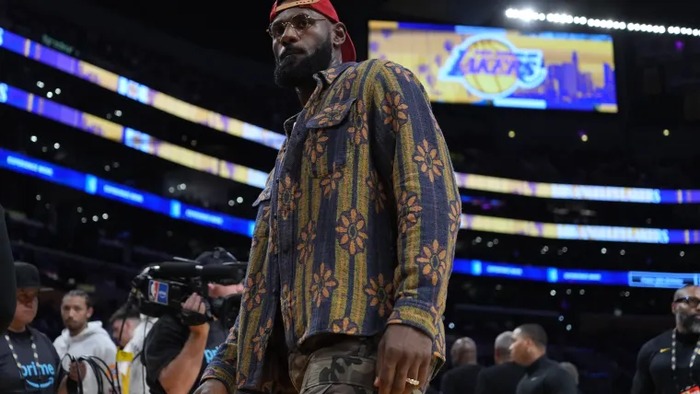
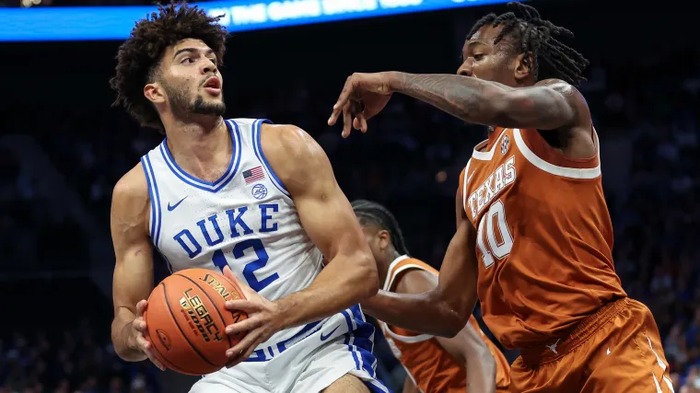
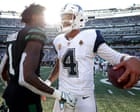

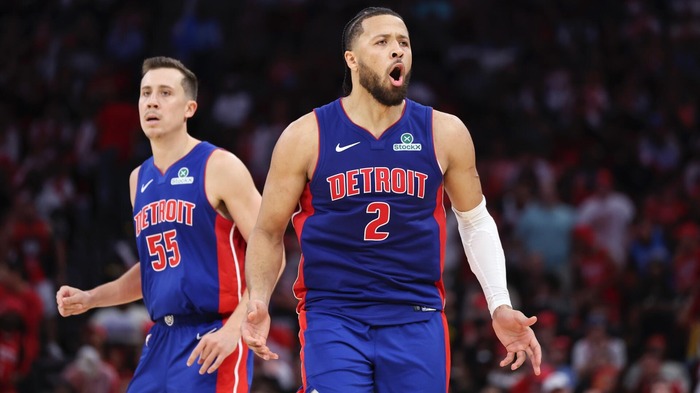
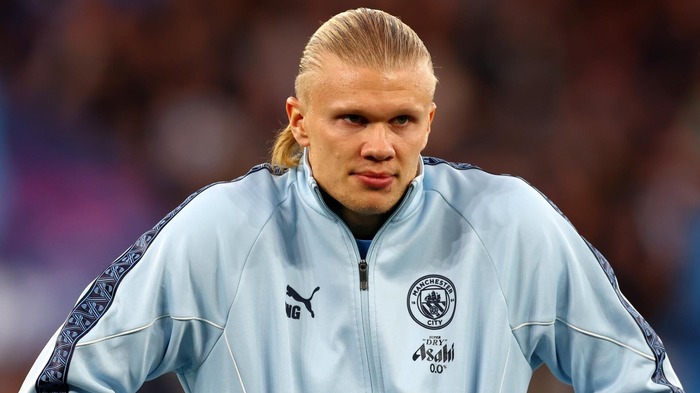
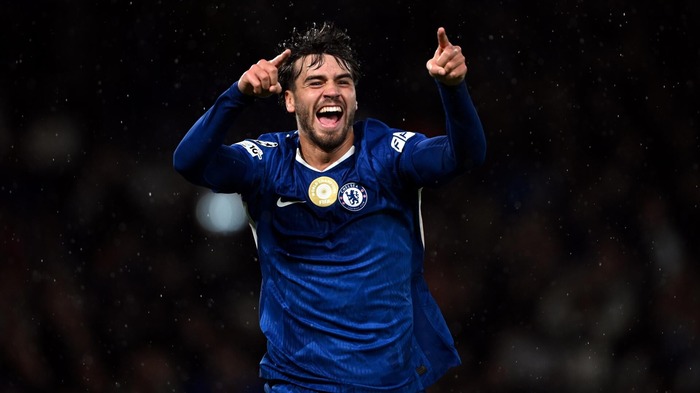
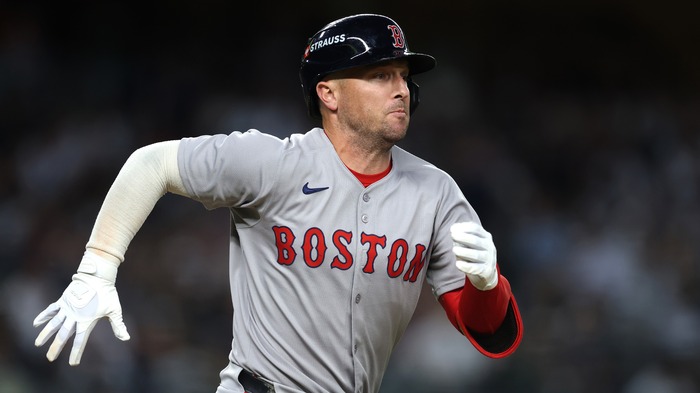

Leave a Reply